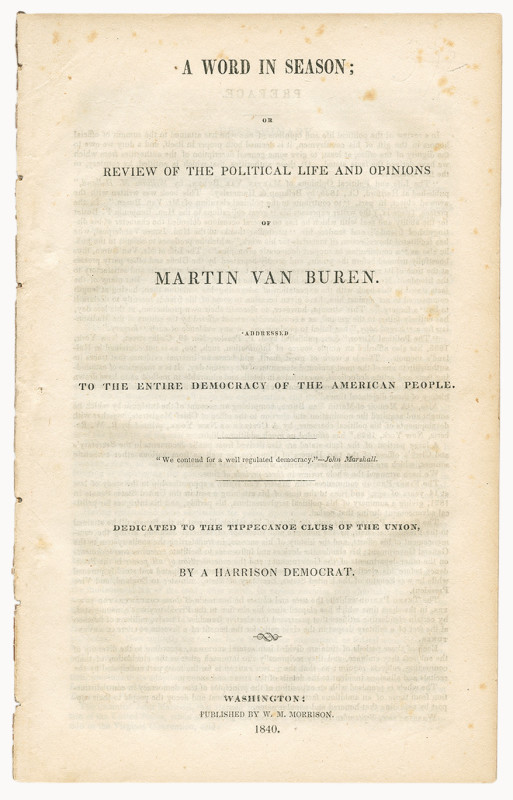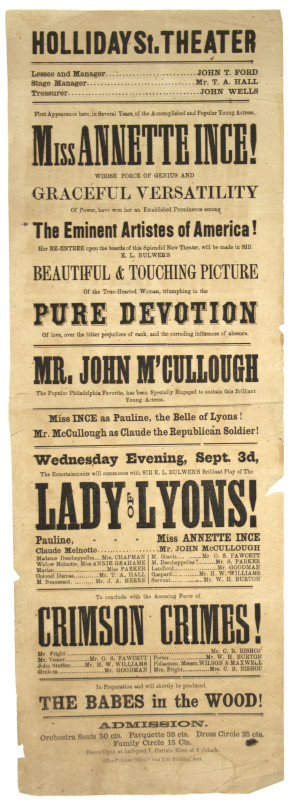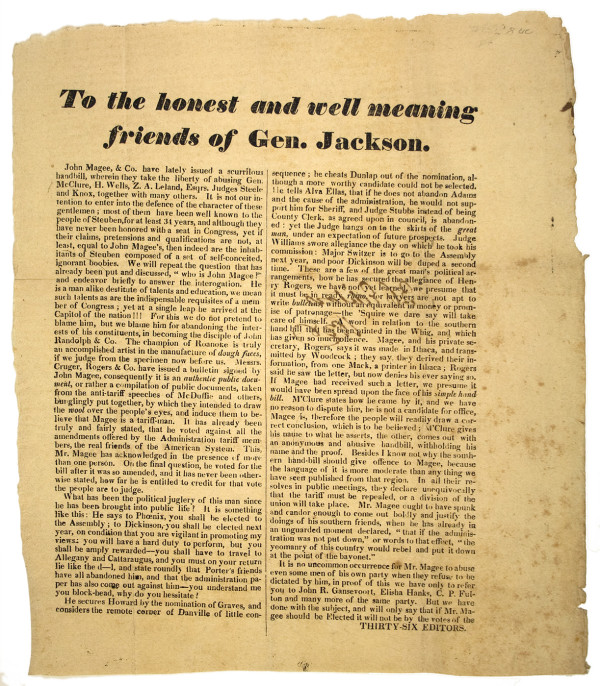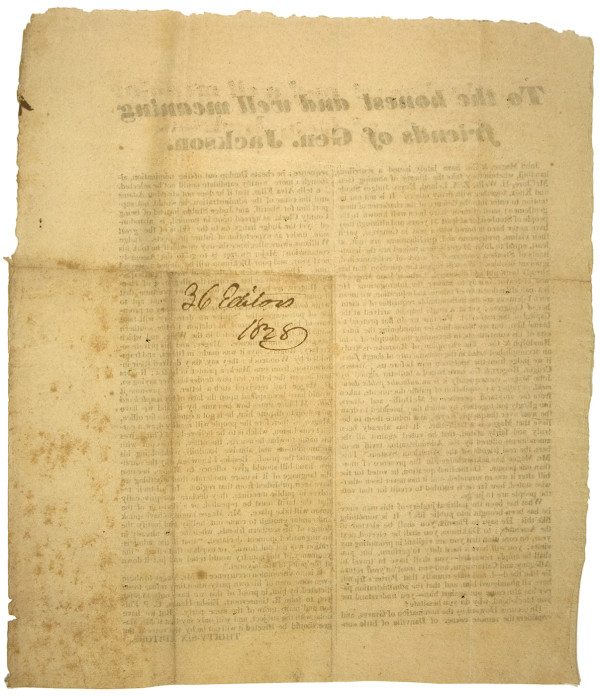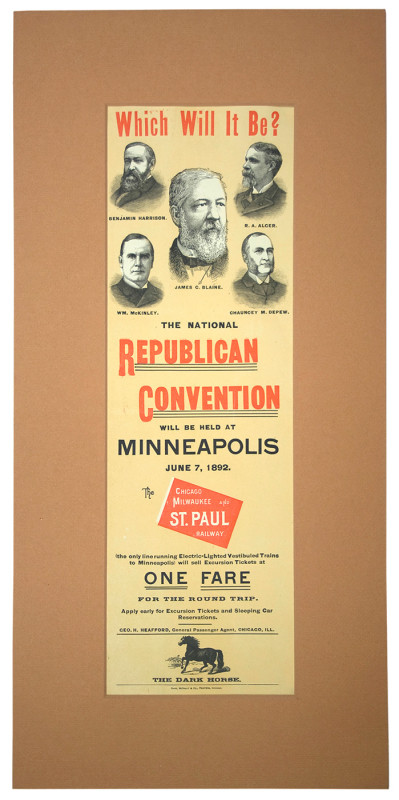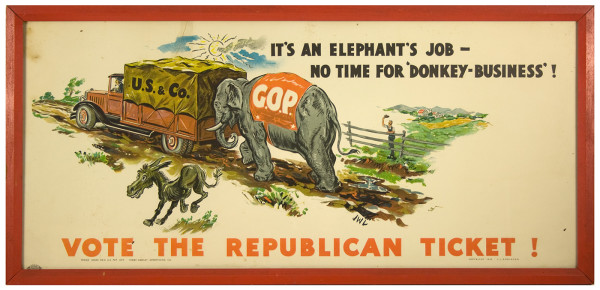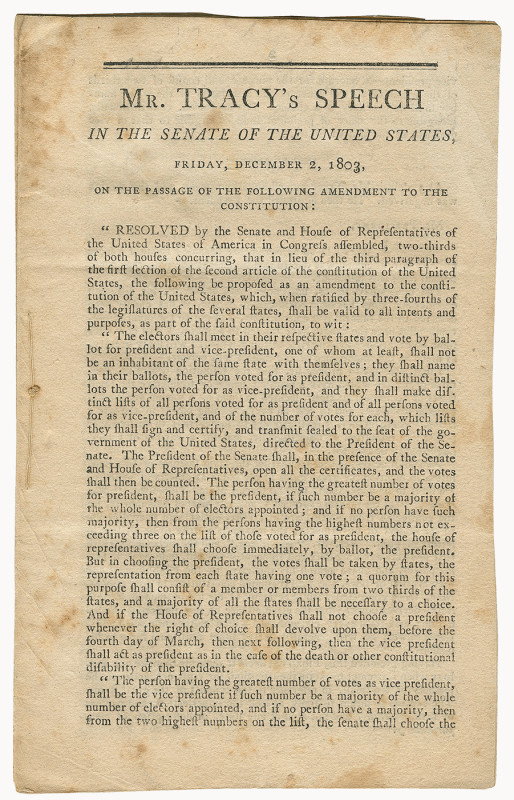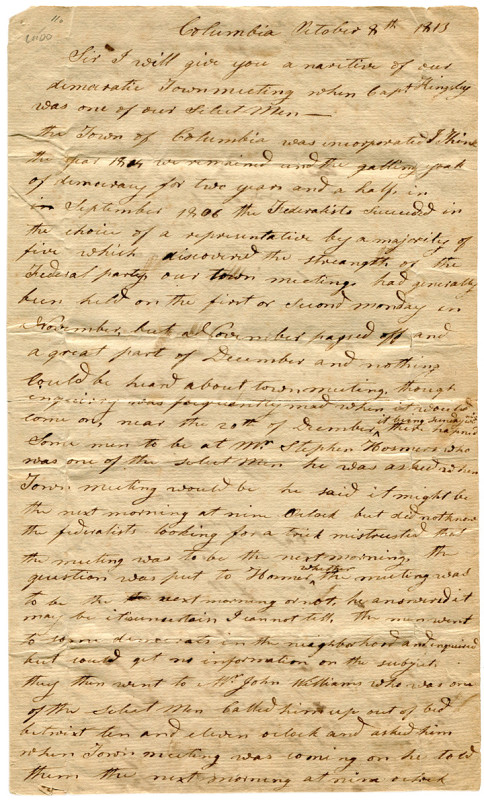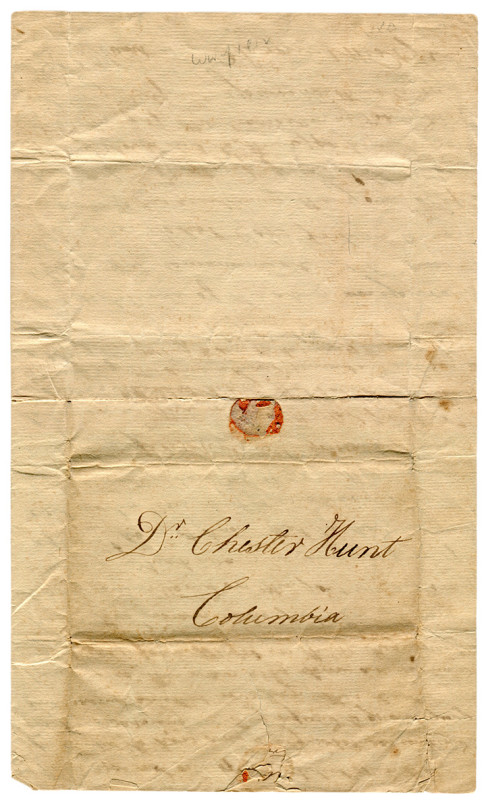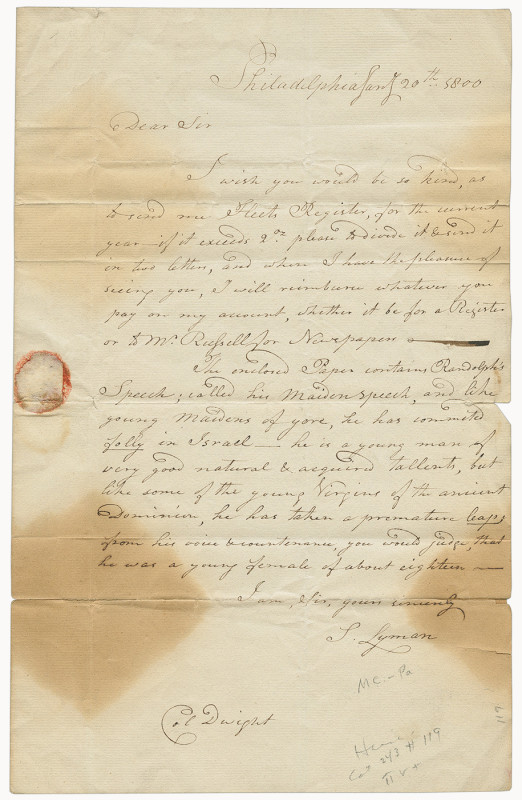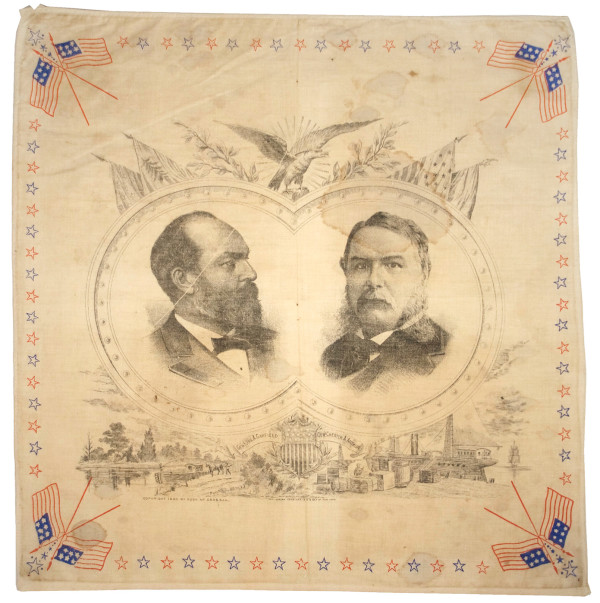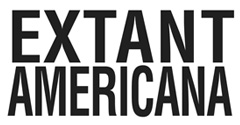Bleeding Kansas: a Manuscript Document Signed by two important pro-slavery Kansas politicans, one being the namesake of Lecompton, Kansas
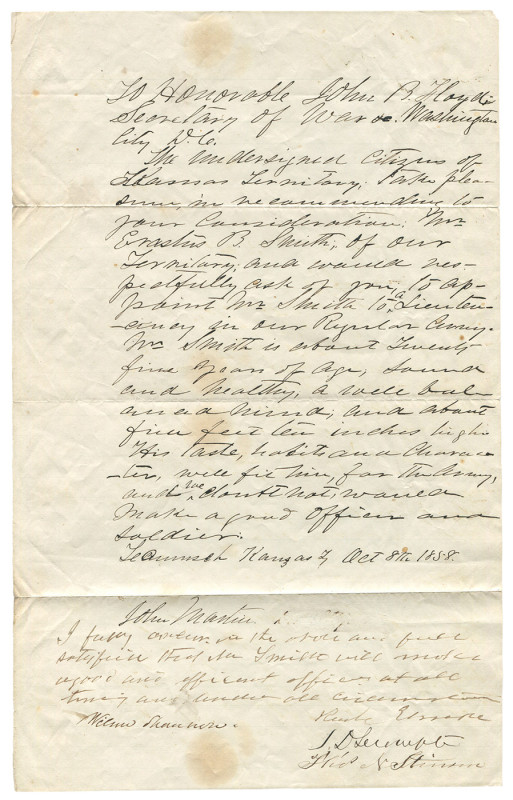
(Bleeding Kansas) Manuscript Document Signed “John Martin”, 1p. 310 x 195 mm. (12 1/4 x 7 5/8 in.), Tecumseh, Kansas Territory, 8 Oct. 1858 a Petition to Secretary of War John B. Floyd by citizens of Tecumseh, Kansas Territory to appoint Erastus B. Smith as a 1st Lieutenant in the regular army. The petition was presented in the midst of the crisis known as “Bleeding Kansas” the struggle between pro-slavery and anti-slavery forces, both trying to sway popular support when the Kansas-Nebraska Act. This divide left the question of slavery in the territory to the popular vote.
The document also bears an Autograph Endorsement Signed at the bottom by Federal Circuit Judge Rush ELLMORE (1819-1864) endorsing Smith’s candidacy. First appointed by Franklin Pierce and later James Buchanan as an Associate Justice on the Kansas Supreme Court, Ellmore was firmly in favor of the Lecompton Constitution and was a delegate to the convention that drafted the document. At the outbreak of the Civil War, he supported the Union. The document is also endorsed by Samuel Dexter LECOMPTE (1814-1888). Lecompte moved to Kansas from Maryland in 1854 and was appointed Chief Justice of the Kansas Territory by Franklin Pierce—and served in that capacity until 1859. He was also the president of the Lecompton Town Company and promoted the city to become the state capital. Although a staunch Democrat, he switched his allegiance to the Republicans in 1865.
We have been unable to discover any record of a regular army commission for Erastus Smith. We are fairly certain Erastus Smith later served D Company, 7th Kansas Cavalry through September 1861 through September 1865. The addressee, John Floyd, was James Buchanan’s Secretary of War who was later accused of personal misuse of funds earmarked for the Indians. Floyd chose to support secession at the outbreak of the Civil War and served as a general in the Confederate Army.
Folds and light creases, minor marginal wear as shown, minor soiling, else very good condition. Note: piece has been stored folded and will be shipped in the same manner.
(EXA 5017) $650
